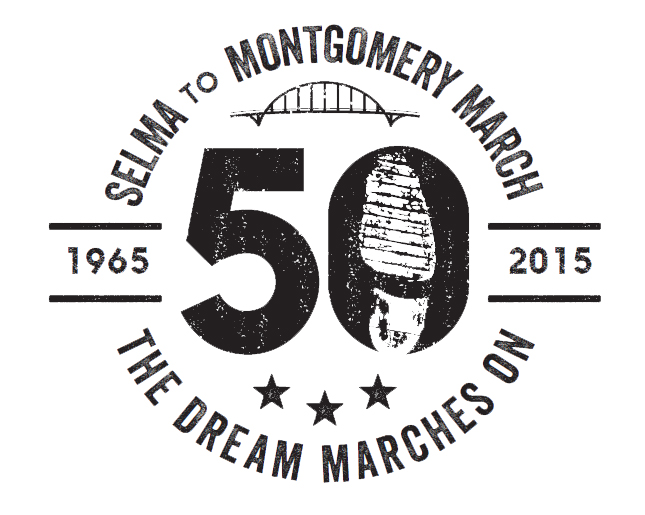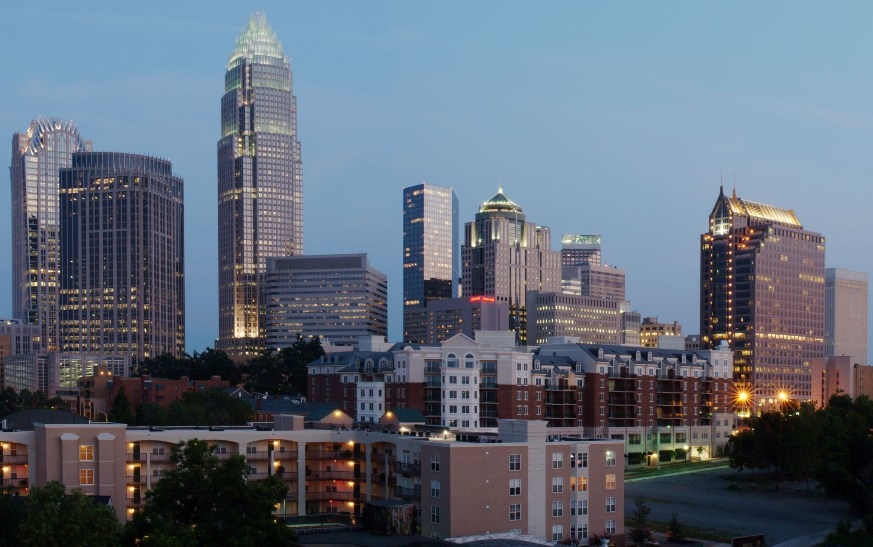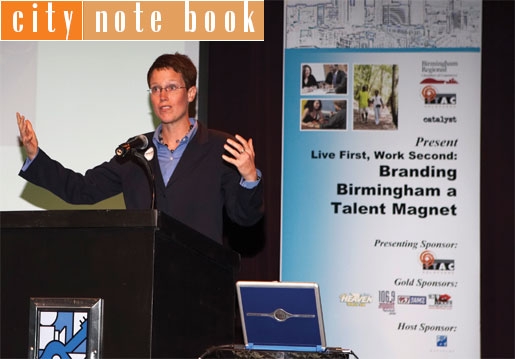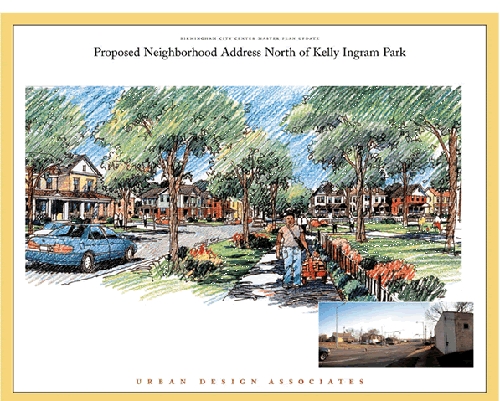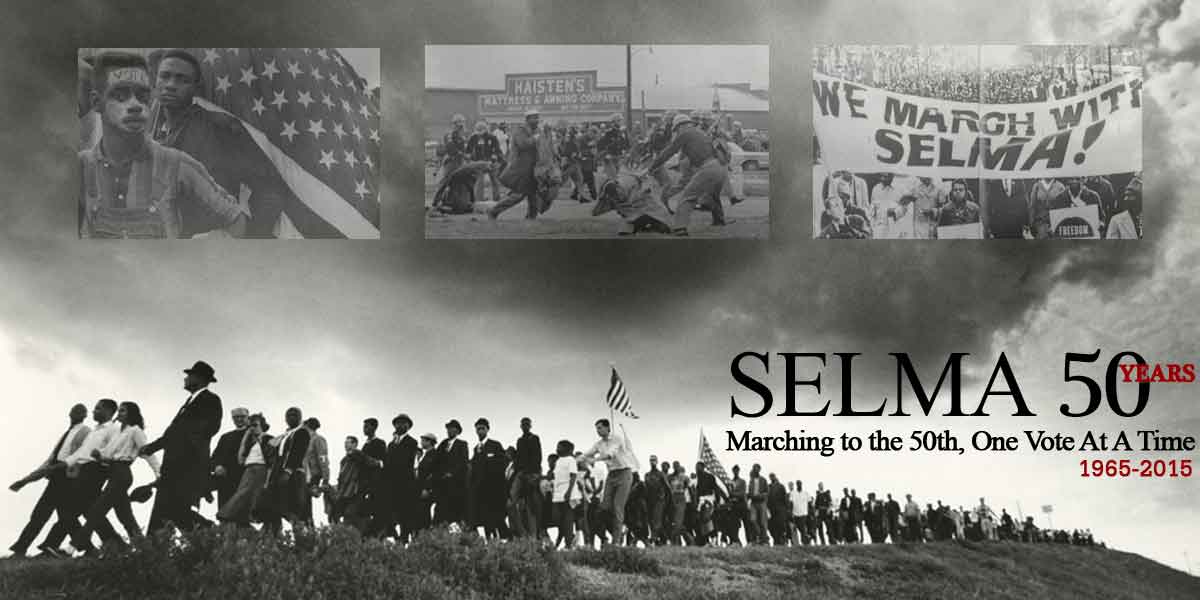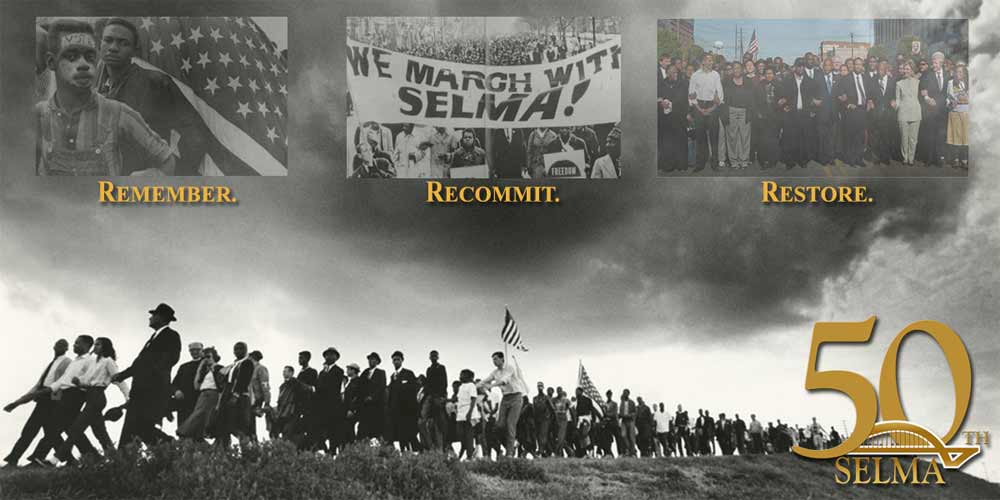Last fall, the Birmingham Regional Chamber of Commerce took more than 100 business, political and civic leaders to Charlotte in its annual jaunt to see how their counterparts in other cities work.
The idea behind B.I.G. (Birmingham Innovation Group) is to help leaders here think outside the box and learn from what its peer cities are doing to solve problems like those facing the Magic City and its surrounding areas.
Out of all the cities visited so far in the chamber trips, Charlotte is most like Birmingham.
I have to admit, though, it was kind of tough coming back home.
Charlotte is a nice town.
It’s clean as a whistle (I looked in vain for litter along its streets).
It has a huge, new sports stadium where its football team, the Carolina Panthers, play. Its downtown is filling up with lofts and apartments, most of them built near a new rail line.
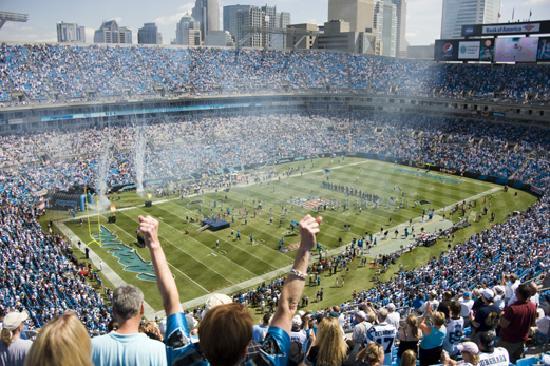
Its new affordable homes in the “poor” areas of town were cute clapboard and brick bungalows with classic front porches. None were cookie-cutter duplicates. Several of its public housing communities were being razed and rebuilt with marvelous replacements for low-income families.
Its suburbs – which are actually in the city limits through annexation – are attracting new business, bringing jobs and talented employees who demand a high quality of life.
Ten years ago, North Carolina’s biggest city looked more like Birmingham. But like other Southern cities, Charlotte has pulled ahead of the Magic City. It is one of the country’s largest banking center, an airline hub, and a place that retains and recruits the best and brightest of young professionals and entrepreneurs who live, work, play and stay in Charlotte.
So you’d think our leaders who went to assess the strengths of a sister southern city would be green with envy, jealous that it is moving ahead of the Magic City, like other cities have done.
Not really.
At the end of three days, everyone gathered in a room to discuss what we saw and heard. Most everyone reached a similar conclusion: Birmingham has its own its strengths and can become every bit a player with Charlotte and other cities that are striving to win new business and residents.
For instance, Charlotte doesn’t have something like the University of Alabama at Birmingham, with its enviable world-class research and medical facilities.
It doesn’t have as strong a base of bio-tech businesses and health care centers as Birmingham does.
But we said Birmingham must capitalize on these and other strengths.
If the Magic City is ever to catch up to and surpass Charlotte – and any other comparable city that’s leaving us in the dust – then leaders here should keep in mind some of Charlotte’s key principles:
Have a vision.
Charlotte has a clear sense of what it wants to be – a banking center, a research center, a world-class city of choice for diverse peoples. Its leaders set high standards, confident that Charlotte can compete with any city on the planet, not just those in the South or the U.S.
Have a plan.
Every major project or initiative in Charlotte, it seems, is part of some long-range plan worked out 25 years in the past, or some plan that goes 25 years into the future. Leaders there not only plan their work, but work their plans – hard.
Work cooperatively.
Every major plan or initiative in Charlotte comes as the result of various entities in the city and the region working together as a team to assess and solve problems – from reviving blighted neighborhoods, to coordinating hospitality industries, to building stadiums and transit systems. The leaders of North Carolina’s major urban areas even lobby their state Legislature as one body, speaking with one voice.
Create positive peer pressure.
Charlotte Mayor Pat McCrory said every new business owner who comes to town gets a friendly welcome. Then they’re told to roll up their sleeves and go to work on some worthwhile community project. Saying no is not an option, unless you want to be shunned at society parties, he said. Everybody is expected to do their part to make Charlotte a livable city.
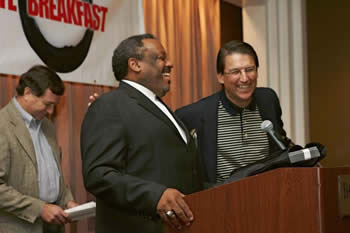
| Mayor Bernard Kincaid with Charlotte Mayor Pat McCrory |
|---|
Build strong public/private sector partnerships.
The City of Charlotte can’t pay for every worthy project that comes down the pike. Businesses gladly pitch in to help when they can because they know what’s good for the city is good for business. And vice versa.
Brand and market your image.
Charlotte knows who it is and isn’t afraid to tell the world how great it is. Leaders speak with one voice about Charlotte’s great quality of life – its job opportunities, its sports franchises, its arts and cultural amenities, its revitalization efforts, its business-friendly environment.
Never say never.
It seems that people in Charlotte face every challenge and difficulty with a “Can-Do Attitude.” Nothing is so hard or impossible that some solution can’t be found, or negotiations can’t reach some sort of consensus. And they keep working to find solutions, even if it takes years.
Embrace the CAVEs.
Not everyone in Charlotte sings from the same hymnal. The naysayers (“Citizens Against Virtually Everything”) stir up plenty of controversy over new taxes and things like that. But people who favor progress in Charlotte find ways to take what is constructive in their criticism, then work around the CAVEs to get things done.
Those who went on the B.I.G. trip came back fired up.

Birmingham visitors get off Charlotte trolley car |
|---|
On his return to Birmingham, Jefferson County Commissioner Larry Langford immediately stirred things up when he proposed moving the “domed stadium” to another location and advocated a street car system, like Charlotte has. And he insisted that Wachovia Bank – since it’s taking over SouthTrust – plunk down serious dollars on the stadium project and other community projects in Birmingham.
His ideas seemed rash to some, but at least he got people moving and shaking again.
Since the trip, leaders are talking more about regional cooperation – in areas as varied as roads, rivers and buses – and about plans for downtown and neighborhood revitalization. And the talks seem more productive.

| David Sher peers into Birmingham’s future |
|---|
Let’s hope the enthusiasm generated by the chamber’s B.I.G. idea leads them to create a greater vision for the Magic City and move toward it, together. ![]()


